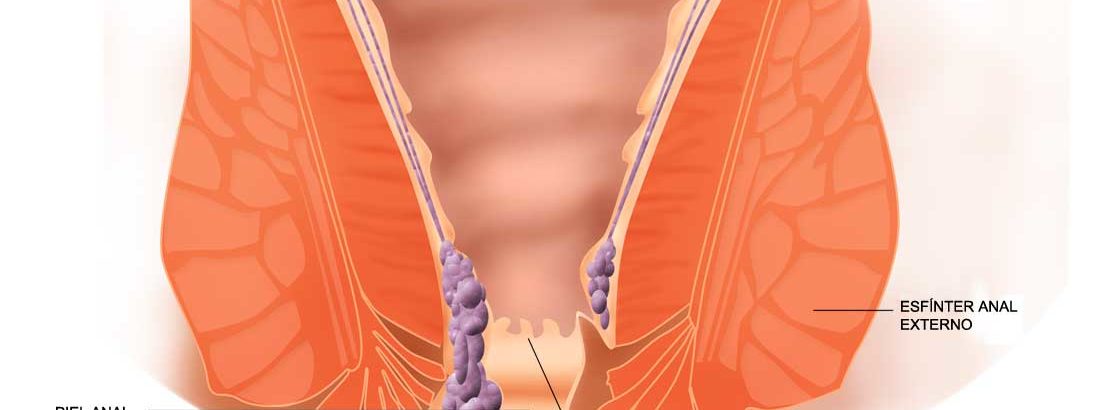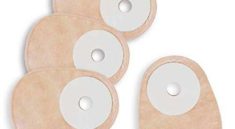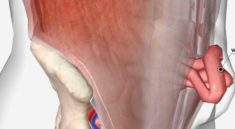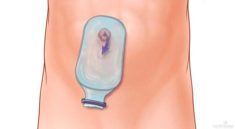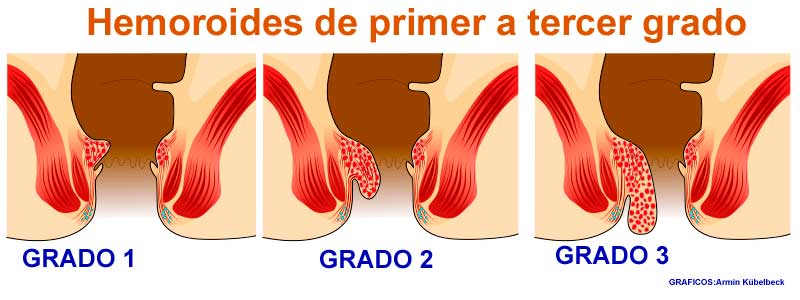
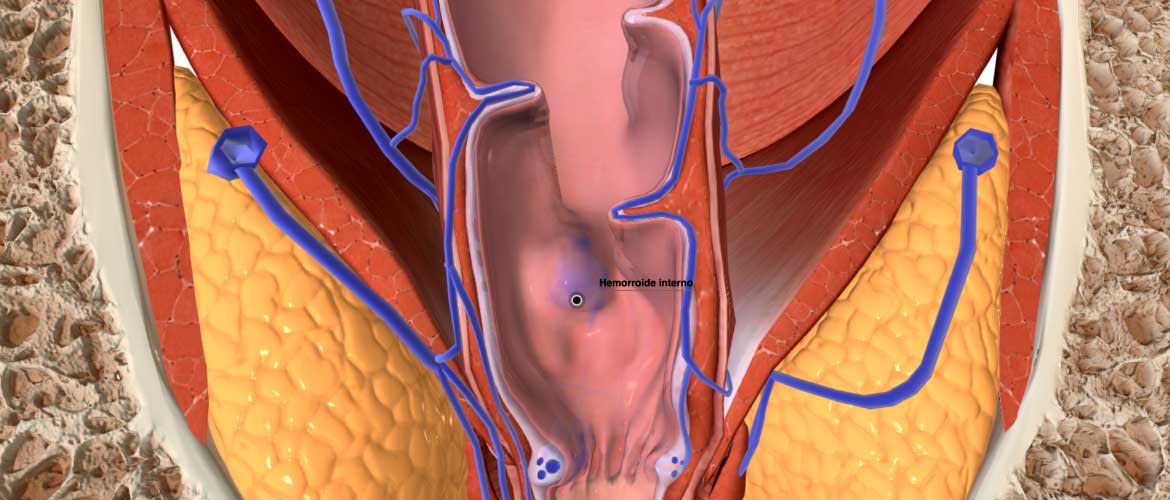
INFORMATION
Hemorrhoid surgery
Hemorrhoids are swollen veins around the anus. They may be inside the anus (internal hemorrhoids) or outside the anus (external hemorrhoids).
Often hemorrhoids do not cause problems. But if hemorrhoids bleed a lot, cause pain, or become swollen, hard, and painful, surgery can remove them.
Description
Hemorrhoid surgery can be done in your health care provider’s office or in the hospital operating room. In most cases, you can go home the same day. The type of surgery you have depends on your symptoms and the location and size of the hemorrhoid.
Before the surgery, your doctor will numb the area so you can stay awake, but not feel anything. For some types of surgery, you may be given general anesthesia. This means you will be given medicine in your vein that puts you to sleep and keeps you pain-free during surgery.
Hemorrhoid surgery may involve:
- Putting a small rubber band around a hemorrhoid to shrink it by blocking blood flow.
- Stapling a hemorrhoid to block blood flow, causing it to shrink.
- Using a knife (scalpel) to remove hemorrhoids. You may or may not have stitches.
- Injecting a chemical into the blood vessel of the hemorrhoid to shrink it.
- Using a laser to burn the hemorrhoid.
Why the Procedure is Performed
Often you can manage small hemorrhoids by:
- Eating a high fiber diet
- Drinking more water
- Avoiding constipation (taking a fiber supplement if needed)
- Not straining when you have a bowel movement
When these measures do not work and you are having bleeding and pain, your doctor may recommend hemorrhoid surgery.
Before the Procedure
Be sure to tell your provider:
- If you are or could be pregnant
- What medicines you are taking, including drugs, supplements, or herbs you bought without a prescription
- If you have been drinking a lot of alcohol, more than 1 or 2 drinks a day
During the days before the surgery:
- You may be asked to temporarily stop taking blood thinners such as aspirin, ibuprofen (Advil, Motrin), naproxen (Aleve, Naprosyn), clopidogrel (Plavix), warfarin (Coumadin).
- Ask your doctor which drugs you should still take on the day of your surgery.
- If you smoke, try to stop. Smoking can slow healing. Ask your provider for help quitting.
- Let your provider know about any cold, flu, fever, herpes breakout, or other illness you may have before your surgery. If you do get sick, your surgery may need to be postponed.
On the day of your surgery:
- Follow your provider’s instructions about when to stop eating and drinking.
- Take any medicines you are asked to take with a small sip of water.
- Follow instructions on when to arrive at your provider’s office or at the hospital. Be sure to arrive on time.
After the Procedure
You will usually go home the same day after your surgery. Be sure you arrange to have someone drive you home. You may have a lot of pain after surgery as the area tightens and relaxes. You may be given medicines to relieve pain.
Follow instructions on how to care for yourself at home.
Outlook (Prognosis)
Most people do very well after hemorrhoid surgery. You should recover fully in a few weeks, depending on how involved the surgery was.
You will need to continue with diet and lifestyle changes to help prevent the hemorrhoids from coming back.
Risks
Risks for anesthesia and surgery in general are:
- Reactions to medicines, breathing problems
- Bleeding, blood clots, infection
Risks for this type of surgery include:
- Leaking a small amount of stool (long-term problems are rare)
- Problems passing urine because of the pain
What to Expect at Home
Recovery time depends on the type of procedure you had. In general:
- You may have a lot of pain after surgery as the area tightens and relaxes. Take the pain medicines on time as instructed. DO NOT wait until the pain gets bad to take them.
- You may notice some bleeding, especially after your first bowel movement. This is to be expected.
- Your doctor may recommend eating a softer diet than usual for the first few days. Ask your doctor about what you should eat.
- Be sure to drink plenty of fluids, such as broth, juice, and water.
- Your doctor may suggest using a stool softener so that it is easier to have bowel movements.
Wound Care
Follow instructions on how to care for your wound.
- You may want to use a gauze pad or sanitary pad to absorb any drainage from the wound. Be sure to change it often.
- Ask your doctor when you can start taking a shower. Usually, you can do so the day after surgery.
Activity
Gradually return to your normal activities.
- Avoid lifting, pulling, or strenuous activity until your bottom has healed. This includes straining during bowel movements or urination.
- Depending on how you feel and the type of work you do, you may need to take time off work.
- As you start feeling better, increase your physical activity. For example, do more walking.
- You should have a complete recovery in a few weeks.
When to Call the Doctor
Call your doctor if:
- You have a lot of pain or swelling
- You bleed a lot from your rectum
- You have a fever
- You cannot pass urine several hours after the surgery
- The incision is red and hot to the touch

